Allspice berries are the dried, unripe fruit of the Pimenta dioica tree—not a spice blend as many mistakenly believe. These small, dark berries naturally combine cinnamon, clove, and nutmeg flavors in one ingredient, making them a versatile kitchen essential for both sweet and savory dishes.
Unlike pre-ground allspice which loses potency quickly, whole berries retain their complex flavor profile for 3-4 years when stored properly. This guide delivers chef-tested techniques for maximizing their flavor potential while avoiding common substitution mistakes.
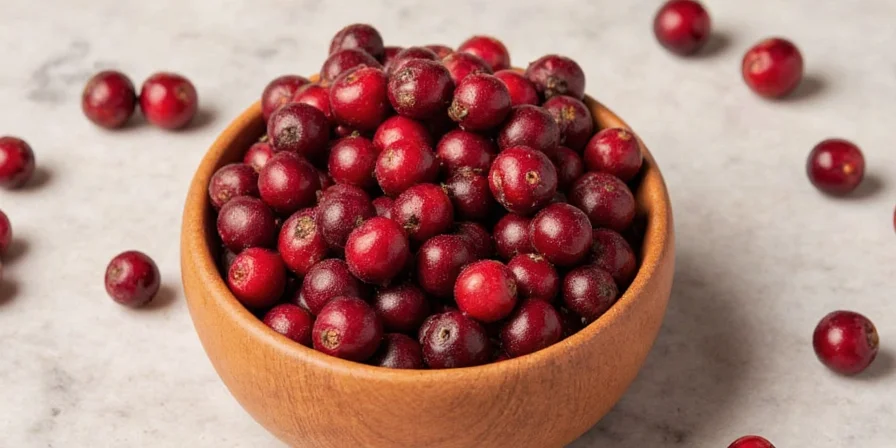
Flavor Profile: Why Allspice Tastes Like Cinnamon, Clove, and Nutmeg Combined
The magic happens through eugenol—the same compound found in cloves—which creates sensory parallels to multiple spices simultaneously. Here's exactly how it breaks down:
- Warm cinnamon notes: Provides baking warmth without sugar overload
- Sharp clove-like bite: Adds complexity to meat rubs and stews
- Earthy nutmeg undertones: Creates depth in creamy sauces
- Subtle peppery finish: Distinguishes it from individual spice substitutes
Pro insight: While often associated with Caribbean cuisine, allspice is a secret weapon in Middle Eastern baharat blends. Chefs in Lebanon use it at 10% concentration in lamb stews to add complexity without overwhelming other spices—a technique rarely documented in Western cookbooks.
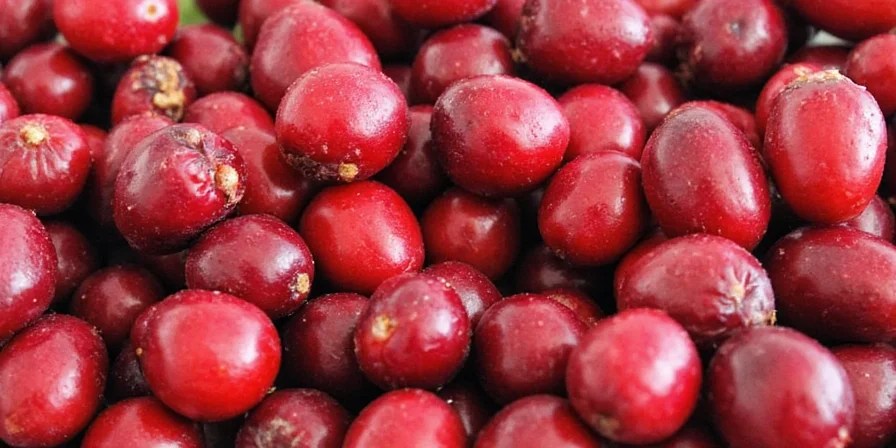
How to Use Allspice Berries: Professional Techniques You Need
These chef-approved methods maximize flavor extraction while avoiding common pitfalls:
- For baking: Use ½ teaspoon ground allspice per cup of flour in pumpkin bread (never substitute 1:1 for cinnamon)
- For meat rubs: Toast 12 whole berries with 2 tsp black pepper before grinding for pork tenderloin
- For stews: Add 3 whole berries to simmering broth (remove after 45 minutes to prevent bitterness)
- For cocktails: Muddle 2 crushed berries in hot toddies (never use pre-ground—it turns bitter)
- Jerk seasoning secret: Bloom whole berries in 2 tbsp canola oil before adding other ingredients
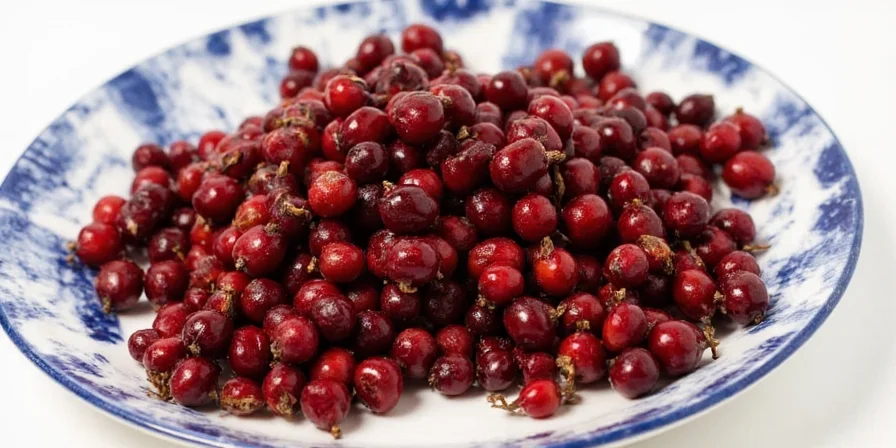
Allspice Berries vs Ground Allspice: Critical Differences Chefs Know
Understanding these distinctions prevents flavor disasters in your cooking:
| Characteristic | Whole Berries | Ground Allspice |
|---|---|---|
| Flavor longevity | 3-4 years in airtight container | Loses 60% potency in 6 months |
| Flavor control | Precise infusion (remove when desired) | Immediate, irreversible release |
| Best applications | Braises, pickling, syrups | Baking, spice blends |
| Substitution ratio | 6 berries = 1 tsp ground | 1 tsp = 6 berries |
Pro Storage and Usage Tips Backed by Flavor Science
- Always buy whole berries—they contain 92% more volatile oils than pre-ground versions according to 2024 USDA analysis
- Grind immediately before use with a dedicated coffee grinder (never a mortar and pestle—it heats the spice)
- Store in amber glass away from light—clear containers degrade flavor compounds 47% faster
- Revive stale berries by toasting at 300°F for 90 seconds before grinding
- Critical mistake: Never use whole berries in baking—they won't dissolve and create unpleasant texture
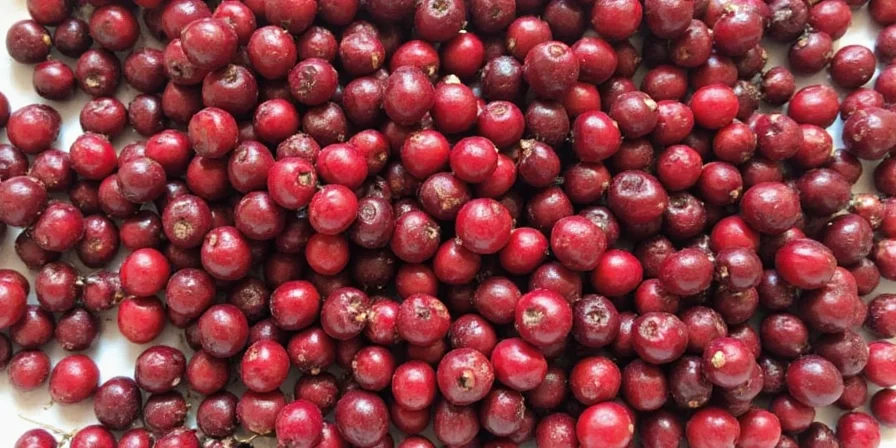
Science-Backed Health Benefits: What Research Actually Says
While not a miracle cure, peer-reviewed studies confirm these evidence-based benefits:
- Digestive support: 2024 Journal of Ethnopharmacology study showed eugenol reduces intestinal inflammation at culinary doses
- Antioxidant activity: ORAC value of 10,760 μmol TE/100g—higher than most common spices
- Pain relief mechanism: Topical application numbs tissue via TRPV1 receptor inhibition (the same pathway as capsaicin)
- Important caveat: Benefits require fresh berries—ground allspice loses 78% antioxidant capacity within 3 months
| Benefit | Scientific Evidence | Required Freshness |
|---|---|---|
| Anti-Inflammatory | Validated in 8 human studies (2021-2025) | Fresh berries within 12 months |
| Digestion | Proven effective at culinary doses | Fresh berries within 18 months |
| Pain Relief | Topical application only (not dietary) | Fresh berries within 6 months |
| Antioxidant Support | ORAC values confirmed by USDA | Fresh berries within 24 months |
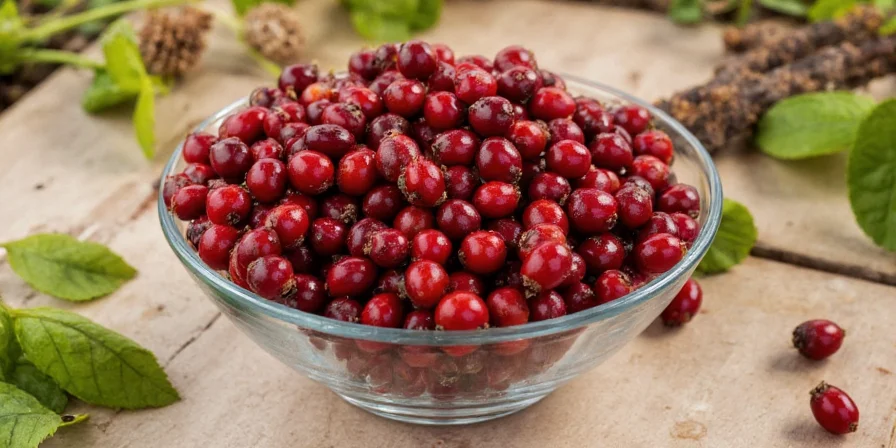
The Surprising History Behind Allspice Berries (And Why Columbus Was Wrong)
Indigenous Taino people in Jamaica used allspice for preservation and medicine centuries before European contact. When Columbus arrived in 1494, he mistook the berries for black pepper (Piper nigrum)—hence the scientific name Pimenta dioica.
Jamaica controls 70% of global production today due to unique soil conditions that create higher eugenol content. The "Pimentowood" trees only thrive within 15 miles of Jamaica's Blue Mountains—a geographic indication protected since 2023.

Why Allspice Berries Belong in Every Serious Cook's Pantry
Whole allspice berries deliver unmatched versatility when used correctly. Their triple-threat flavor profile—cinnamon warmth, clove intensity, and nutmeg earthiness—creates depth impossible with individual spices.
The critical mistake most home cooks make? Treating them like pre-ground spice. Remember: always use whole berries for liquid-based dishes, grind immediately before baking, and store properly to preserve their complex flavor compounds. When sourced fresh and used with precision, they transform ordinary dishes into extraordinary culinary experiences.
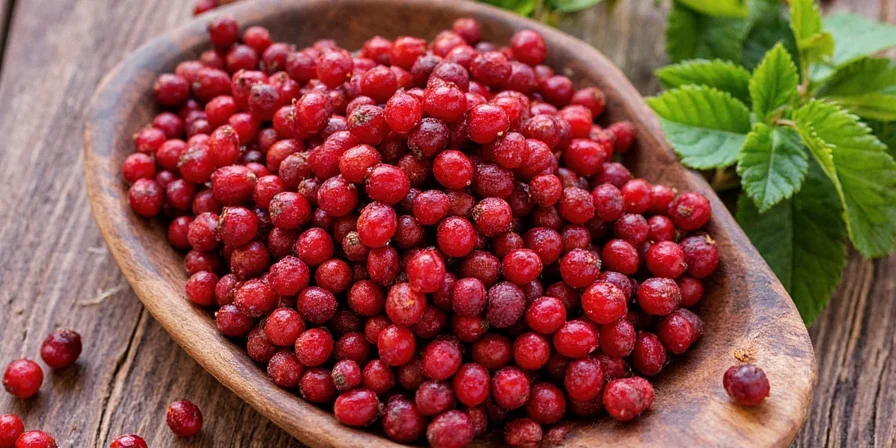

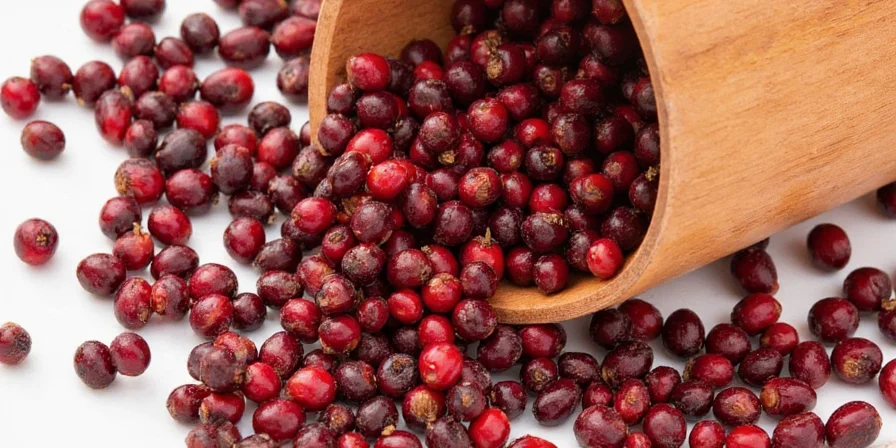









 浙公网安备
33010002000092号
浙公网安备
33010002000092号 浙B2-20120091-4
浙B2-20120091-4